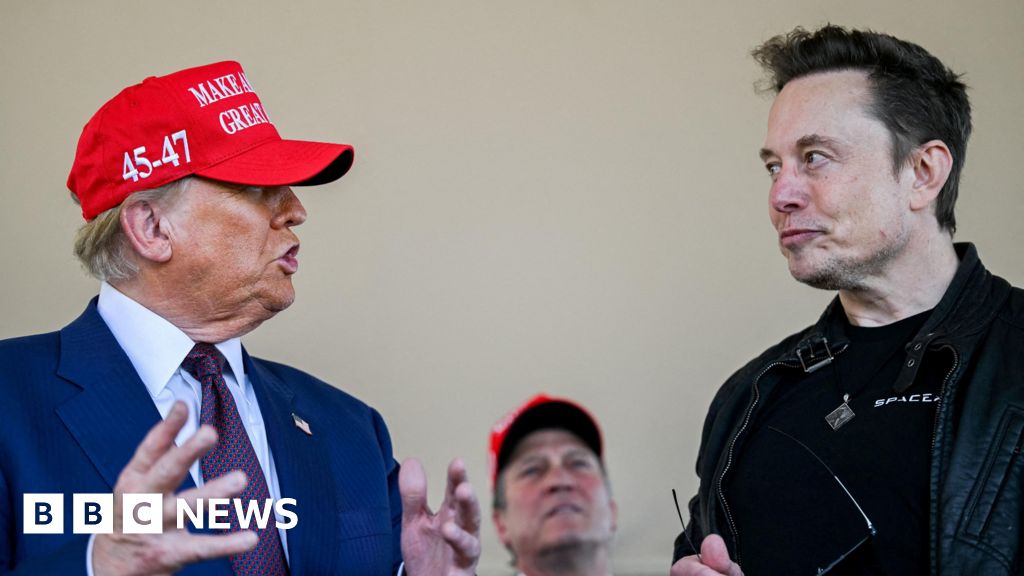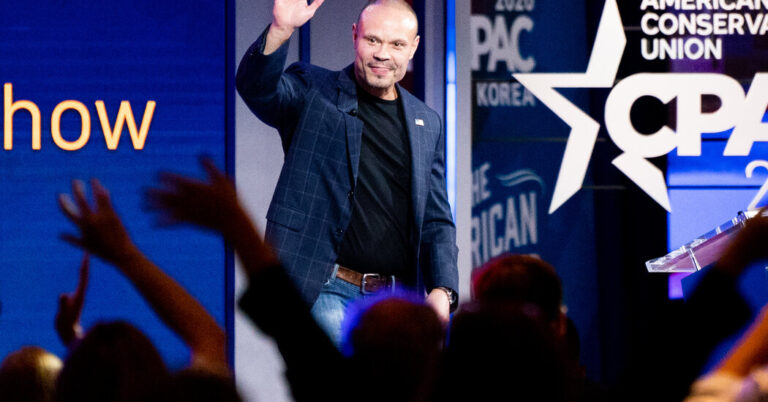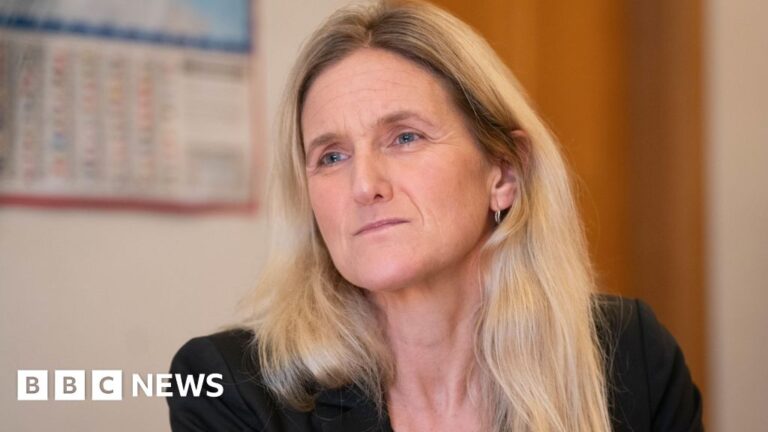Here is the result in plain text:
In Donald Trump’s first term, governments around the world braced for his morning social media posts. What policy would be reversed, what insult thrown? Four years on, diplomats are once more getting twitchy when the sun rises on America’s east coast. Back then, they learned to take Trump – as the adage had it – “seriously but not literally”. Despite many campaign promises, he did not take the US out of Nato or lock up Hilary Clinton.
Trump’s latest morning salvo criticised the UK government’s decision to increase taxes on oil and gas firms working in the North Sea, in part to help fund renewable energy. On his platform, Truth Social, Trump responded to a report about a US oil firm leaving the region, saying: “The U.K. is making a very big mistake. Open up the North Sea. Get rid of Windmills!”
Was this merely a familiar defence of a US firm by Trump and a repetition of his pro-fossil fuel instincts? Or was it evidence of a greater willingness by the president-elect to intervene in an ally’s own domestic policies?
Musk has issued a torrent of tweets attacking Sir Keir Starmer personally, accusing the prime minister of not doing enough to prosecute child grooming gangs while he was the director of public prosecutions.
British politicians cannot stem these posts from across the Atlantic. But they can control their reaction. During Trump’s first term, governments – and news desks – learned to pause and take a moment before responding to – or reporting – the latest electronic missives from the White House.
The challenge once again for politicians in Britain and around the world is to work out which, if any, of these social media outbursts and interventions merit a response. In Whitehall, there is some hope that the arrival of Lord Mandelson as the new British ambassador might help stem the flow of personal vituperation across the Atlantic.
Source link




